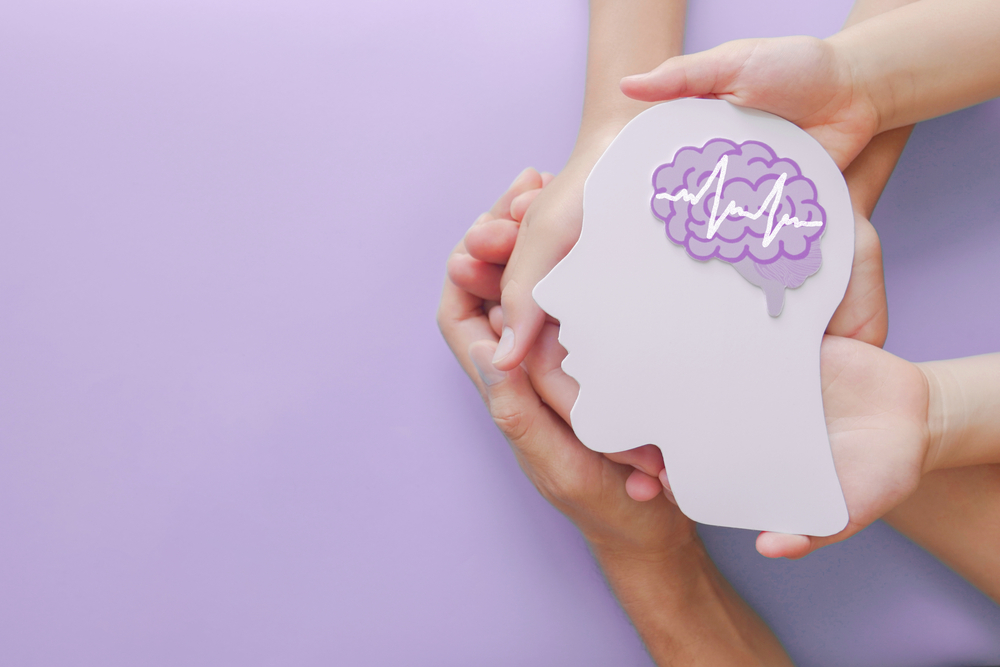In today’s world, where emotional struggles are becoming more common yet often remain unspoken, the role of a mental health listener is becoming increasingly important. While therapy and professional counseling are critical components of mental health care, not everyone has access to these resources. This is where mental health listeners step in—providing emotional support, offering a safe space to talk, and becoming a bridge between silence and healing. Understanding what a mental health listener does can help you see the power of simply being there for someone who needs to be heard.
A mental health listener is someone trained in the art of empathetic and non-judgmental listening. Their primary role is not to advise, diagnose, or fix problems, but to provide a compassionate and safe environment where people can freely express their thoughts and emotions. Whether someone is experiencing stress, loneliness, grief, anxiety, or sadness, the listener’s goal is to offer presence, validation, and understanding. In India, where mental health stigma can prevent people from speaking openly, the role of a listener becomes even more vital.
Core Responsibilities of a Mental Health Listener
1. Offering Emotional Presence
At its core, the work of a mental health listener involves being fully present with the person in distress. This means offering undivided attention, tuning into their emotional tone, and creating an environment where they feel safe to open up. Often, people don’t need solutions—they just want to be heard without interruption, judgment, or shame.
2. Practicing Active Listening
A mental health listener uses techniques of active listening, such as paraphrasing, reflecting emotions, and asking gentle follow-up questions. These help the speaker feel that their feelings are valid and acknowledged. Active listening creates a space of trust where individuals feel understood and less alone in their experience.
3. Being Non-Judgmental and Empathetic
One of the most important responsibilities of a mental health listener is to accept the speaker’s experiences and emotions without judgment. Regardless of whether you agree or not, the key is to empathize—to step into their emotional world and make them feel seen and respected. This non-judgmental approach often encourages more honest and healing conversations.
4. Respecting Confidentiality
A mental health listener maintains strict confidentiality. Anything shared in a support conversation stays private unless there is a clear and immediate risk of harm. Trust is the foundation of any support role, and respecting someone’s privacy ensures that they feel safe sharing their deepest concerns.
5. Providing Referrals When Needed
While mental health listeners are not therapists, they do play a role in guiding people to professional help when required. If a situation is beyond their scope—such as signs of suicidal thoughts or trauma—they gently suggest the person seek help from counselors, therapists, or helplines. In India, resources such as iCall or The Mind Clan provide valuable mental health services and are great referral points.

Who Can Become a Mental Health Listener?
Anyone with compassion, patience, and a willingness to learn can become a mental health listener. You don’t need a psychology degree. Training and guidance are often provided by organizations that run support programs. If you feel called to support others emotionally, you can start your journey with Curotiva, which offers volunteer opportunities, tools, and training for aspiring mental health listeners.
Why Is This Role So Important in India?
India faces a significant mental health treatment gap. According to the World Health Organization, there is less than one mental health professional for every 100,000 people in India. In such a scenario, peer support and emotional listening play a crucial role in community-based care. Many people suffer in silence due to fear, stigma, or a lack of affordable mental health services. A mental health can help break that silence. Your empathy can be the first step for someone seeking healing.
What a Mental Health Listener Does Not Do
To maintain the integrity of this role, it’s important to be clear about what a mental health is not responsible for. They do not offer professional therapy or medical advice. They do not diagnose conditions or prescribe treatment. Their role is purely emotional support—being a caring presence and creating space for someone to express their truth.
Conclusion
A mental health plays a powerful yet humble role in the emotional support system. By simply being present, empathetic, and attentive, they help others feel heard, valued, and less isolated. This role may seem simple on the surface, but its impact is profound. Whether you’re looking to volunteer or just become a better listener in your personal life, understanding this role can help you support others with compassion and care. If you’re ready to make a difference, visit Curotiva’s contact page and take the first step toward becoming a trained mental health listener.
Learn more about mental health through our related content, designed to support your journey toward understanding and healing.
Recognizing the Symptoms of Mental Illness: A Guide to Early Awareness

